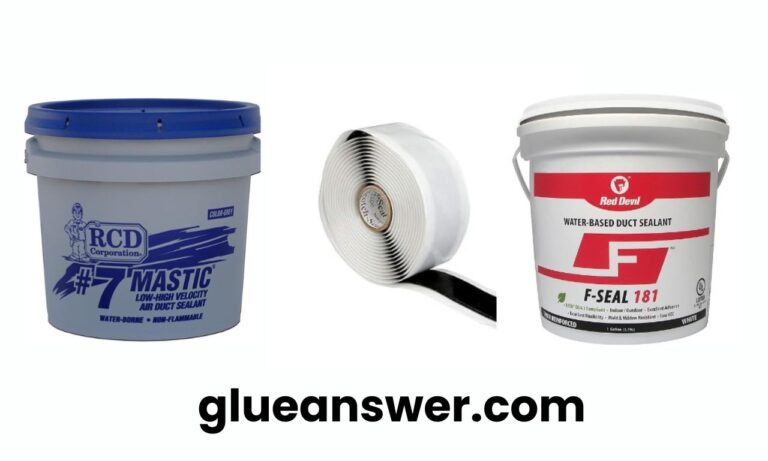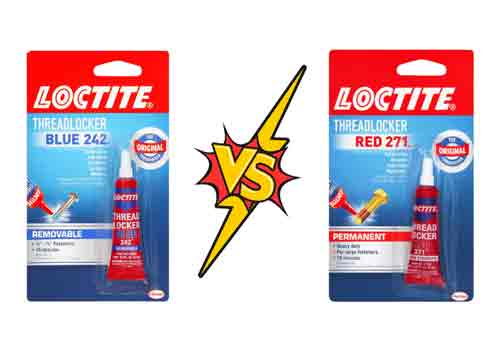Is Blue Loctite Gasoline Resistant?
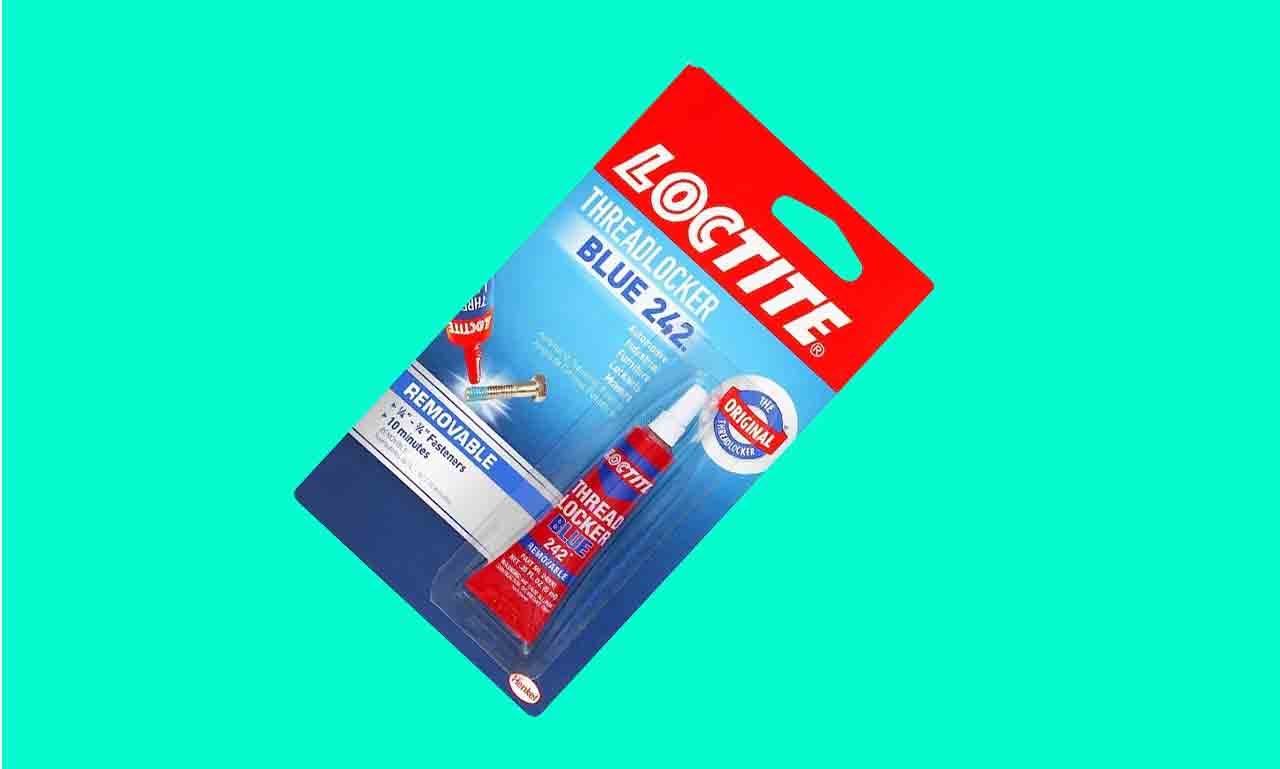
Blue Loctite is a thread locker adhesive designed to prevent fasteners from loosening due to vibration or shock. Applied to threaded components, it creates a secure bond while still allowing disassembly with standard tools.
But is blue Loctite gasoline resistant? Yes, blue Loctite is gasoline-resistant. LOCTITE’s anaerobic gasket technology withstands fuel and gasoline effectively for reliable performance.
Loctite Blue Vs Red: Which Loctite is the Strongest?
However, not all Loctites are gasoline resistant. Read on to find out more.
Is Blue Loctite Gasoline Resistant?
Absolutely, gasoline resistant. Loctite offers reliable solutions for different applications with its silicone and anaerobic gasket technologies.
Specifically, the anaerobic technologies are resistant to gasoline. However, it’s essential to note that Loctite 5926, a silicone sealant, is not suitable for use with gasoline.
What Is Blue Loctite?
Blue Loctite is a medium-strength threadlocker. It comes in liquid or gel form and is applied directly to the threads of the fastener before assembly. The threadlocker creates a strong bond that helps prevent unintentional loosening.
The blue color helps identify this particular type of threadlocker, as there are also red and green variants with different strength levels.
What Are The Different Versions Of Blue Loctite?
Blue Loctite is available in various versions, including 242, 248, and 2432. These formulations offer different strengths and characteristics for securing threaded fasteners, providing reliable and durable performance.
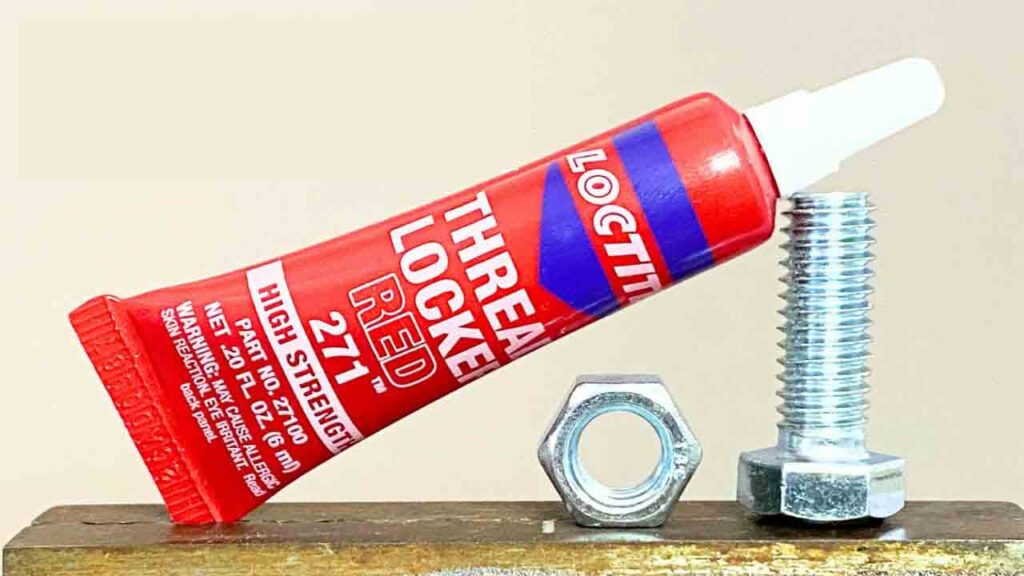
Read More About Will glue down vinyl flooring warp or bend?
What Is The Difference Between Loctite Threadlocker Colors?
Loctite offers various thread locker colors, each indicating distinct characteristics.
| Color | Characteristics |
| Red | Bond permanently and high strength |
| Green | High strength |
| Blue | Removable with torque and medium strength |
| Purple | Low strength |
What Is Blue Loctite Rated For?
Blue Loctite is rated as a medium-strength threadlocker adhesive. It is commonly used to secure threaded fasteners, preventing them from loosening due to vibrations while still allowing for disassembly when needed.
Is Loctite 243 Fuel Resistant?
Loctite 243 is fuel-resistant, making it suitable for applications where exposure to fuels is expected. It provides reliable threadlocking performance, ensuring secure and durable connections in various automotive and industrial settings.
Is Loctite 271 Fuel Resistant?
Yes, Loctite 271 is fuel-resistant, making it suitable for applications where exposure to fuel is a concern.
Is Red Loctite Fuel Resistant?
Yes, Red Loctite is fuel resistant. It is designed to withstand exposure to various chemicals, including fuels. This makes it suitable for applications where fuel resistance is necessary.
Is Loctite 515 Gasoline Resistant?
Yes, Loctite 515 is gasoline resistant. It is designed to provide a reliable seal for gaskets in gasoline and other automotive applications, ensuring durability and effective sealing.
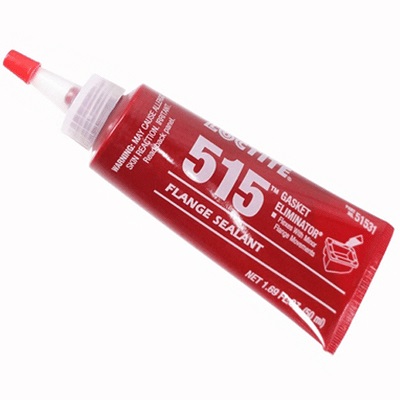
Gasoline Resistance Factors
Gasoline resistance factors for Loctite products are typically influenced by the following considerations:
- Chemical Compatibility
Loctite provides information about the chemical resistance of its products, including resistance to gasoline. The chemical composition of the adhesive or threadlocker plays a crucial role in determining its compatibility with gasoline.
- Concentration and Temperature
The concentration of gasoline and the temperature at which the adhesive is exposed can affect its resistance. Higher concentrations or elevated temperatures may impact the performance of the adhesive.
- Curing Time
The curing time of the Loctite product is also a factor. It is essential to allow the adhesive to fully cure according to the manufacturer’s recommendations to achieve optimal performance.
Blue Loctite And Gasoline Interaction
As for its interaction with gasoline, Blue Loctite is generally resistant to gasoline and other petroleum-based fuels. Once the Loctite is fully cured, it forms a solid bond that is not easily affected by common fuels.
What Glue Is Resistant To Gasoline?
Here are the glues that are gasoline-resistant:
- Epoxy
- Polyurethane
- Silicone
- Cyanoacrylate
Polyurethane is generally more resistant to gasoline than epoxy, silicone, and cyanoacrylate. Polyurethane exhibits good chemical resistance and can withstand exposure to gasoline without deteriorating
Which Loctite Is Petrol Resistant?
Loctite® Epoxy Weld™ is a versatile bonding solution suitable for applications exposed to petrol, providing resistance against its effects. Additionally, LOCTITE 1252795, being a Loctite product, is formulated to exhibit resistance to petrol.
What Is The Best Sealant For Gasoline?
Epoxy polysulfide sealant is a durable and effective choice for sealing gasoline-related applications. Its chemical resistance and flexibility make it ideal for use in fuel systems, ensuring reliable containment.
Is Epoxy Resistant To Gasoline?
Yes, epoxy is generally resistant to gasoline, making it a suitable choice for coatings or adhesives in automotive applications.
Is Loctite 577 Suitable For Petrol?
Yes, Loctite 577 is suitable for petrol. It is a high-strength sealant designed for use in automotive applications, including fuel systems.
Can Silicone Handle Gasoline?
Silicone can generally handle gasoline without degradation, making it suitable for various automotive and industrial applications involving fuel exposure.
Can PTFE Be Used With Gasoline?
Yes, polytetrafluoroethylene (PTFE), commonly known by the brand name Teflon, is generally considered compatible with gasoline. PTFE is known for its chemical inertness and resistance to a wide range of chemicals, including gasoline.
It is often used in gaskets, seals, and other components in automotive applications where it may come into contact with gasoline.
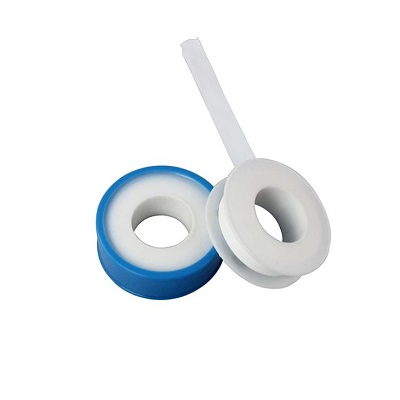
Read Also 5 Top Picks: The Ultimate Guide to the Best Glue for Vinyl Plank Flooring Installation
What Material Is Safe For Gasoline?
High-density polyethylene (HDPE) and petrochemical plastics are generally considered safe for storing gasoline due to their chemical resistance. However, always follow safety regulations and guidelines for handling and storing flammable substances.
When Should I Use Blue Loctite?
Here are some situations where you might consider using Blue Loctite:
- Preventing Vibrational Loosening:
- Securing Critical Components
- Maintaining Adjustment Settings
- Preventing Corrosion
- Easy Removal
What Can I Use Instead Of Blue Loctite?
If you don’t have blue Loctite on hand, there are alternatives you can use for various applications, but keep in mind that they may not provide the same properties as blue Loctite.
Here are two alternatives you can consider:
- Superglue (Cyanoacrylate)
Superglue is a fast-bonding adhesive that can be used for various applications, but it is not specifically designed as a thread locker.
- Nail Polish
Clear nail polish can be used as a makeshift thread locker. Nail polish is not as strong as blue Loctite, so it’s best suited for light-duty applications.
Is Loctite Flammable?
Yes, certain Loctite products can be flammable. It is crucial to check the specific product’s safety data sheet (SDS) or label for accurate information on flammability and proper handling precautions.
Precautions For Using Blue Loctite In Flamable-Prone Environments
Here are some precautions to consider:
1. Ventilation
Always work in well-ventilated areas to minimize the inhalation of fumes. Use fans or open windows to ensure proper airflow.
2. Avoid Open Flames
Do not use Blue Loctite near open flames or sparks. Keep any ignition sources, such as welding equipment or open flames, away from the application area.
3. Temperature Control
Use Blue Loctite within the specified temperature range. Extreme temperatures can affect its performance and increase the risk of flammability.
4. Avoid Excessive Quantity
Apply only the recommended amount of Blue Loctite. Using excessive amounts can lead to more fumes and increase the risk of flammability.
5. Personal Protective Equipment (PPE)
Wear appropriate personal protective equipment, including gloves and safety glasses, to protect yourself from direct contact with the adhesive and to reduce the risk of skin or eye irritation.
6. Keep Away from Heat Sources
Store Blue Loctite away from heat sources and direct sunlight. Elevated temperatures can increase the volatility of the adhesive.
7. Emergency Preparedness
Be aware of the location of fire extinguishers and emergency exits. In the event of accidental spills or fires, be prepared to respond promptly and appropriately.
8. No Smoking
Smoking should be strictly prohibited in areas where Blue Loctite is being used, as it poses a significant fire hazard.
9. Dispose of Waste Properly
Dispose of used containers and waste materials per local regulations. Do not leave rags or materials soaked in Blue Loctite in areas where they could pose a fire risk.
FAQs
What is the best thread tape for fuel?
The best thread tape for fuel is PTFE tape due to its chemical resistance and ability to seal tightly.
How strong is blue Loctite?
Blue Loctite is a medium-strength threadlocker used to secure fasteners. It prevents vibrations and loosening without excessive difficulty during disassembly.
How long does blue Loctite last?
Blue Loctite typically lasts for about two years when stored in a cool, dry place with the cap tightly closed.
What is stronger than blue Loctite?
Red Loctite is stronger than blue Loctite. It offers a higher level of adhesion and is designed for more secure applications.
Conclusion
So the question is blue loctite gasoline resistant has been answered. Blue Loctite is generally resistant to gasoline. While it is resistant to various chemicals and fluids, including gasoline, it’s essential to note that the level of resistance can vary depending on the specific product and its intended use.

